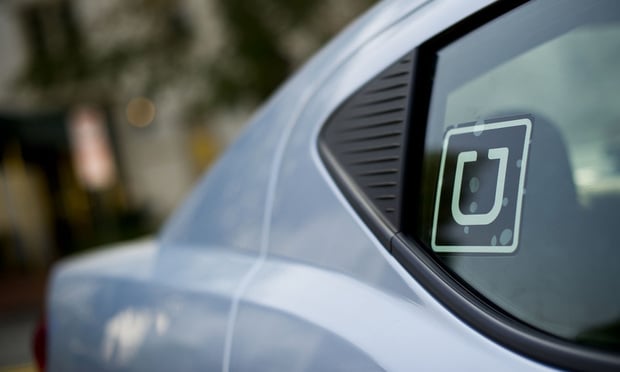Featured Firms
Presented by BigVoodoo
Uber Technologies Inc. drivers in the United Kingdom should be considered employees and have rights to minimum wage and holiday pay, a tribunal said in a ruling against the ride-hailing company.
November 10, 2017 at 04:18 PM
1 minute read
The original version of this story was published on The Recorder
Presented by BigVoodoo
Law firms & in-house legal departments with a presence in the middle east celebrate outstanding achievement within the profession.
The premier educational and networking event for employee benefits brokers and agents.
The Legal Intelligencer honors lawyers leaving a mark on the legal community in Pennsylvania and Delaware.
Atlanta s John Marshall Law School is seeking to hire one or more full-time, visiting Legal WritingInstructors to teach Legal Research, Anal...
Shipman is seeking an associate to join our Labor & Employment practice in our Hartford, New Haven, or Stamford office. Candidates shou...
Evergreen Trading is a media investment firm headquartered in NYC. We help brands achieve their goals by leveraging their unwanted assets to...
MELICK & PORTER, LLP PROMOTES CONNECTICUT PARTNERS HOLLY ROGERS, STEVEN BANKS, and ALEXANDER AHRENS
 Credit: Diego M. Radzinschi / ALM
Credit: Diego M. Radzinschi / ALM